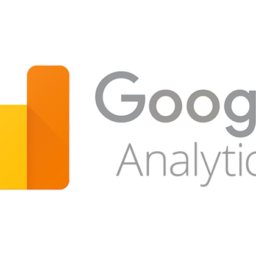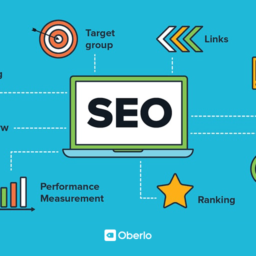Last Updated on noviembre 14, 2021 by anytimedigital

I’m sure many business owners have searched the internet looking for ways to market their business. While conducting these searches, many of them have heard the term PPC (Pay-Per-Click). In recent, years it has become a technique for marketers and business owners. PPC works and maybe there are some of you out there that aren’t quite sure how to set a budget for it. Well don’t worry. Today we’re going to give you a brief summary of how to set a budget for your PPC advertising campaigns.
Goals
It goes without saying that the first step you should take when determining your budget is to make sure that you have clearly defined PPC goals. Setting actionable, quantitative goals with a timeline for your PPC spend is a must.
There are many different types of goals that you could use to determine your budget for your business. ROI and lead generation business should focus goals on customer acquisition. An example goal of this would be to acquire 100 new customers within 30 days without paying any more than $50 per new customer. Another goal would be brand awareness. An example of this would be to show 5 million impressions to potential customers over the next 30 days.
Defining your goals is the first step you should take. Once you have an idea of what you’re trying to get out of your PPC campaigns, you can start determining how your budgets will help to achieve these goals.
Traffic Generation Requirements
Once you have your goals, the next step is to figure out your PPC campaign’s traffic requirements. What this means is that you need to figure out how much traffic needs to be driven to reach your goals. Rather than guessing about this, use historical data from your analytics platform for estimations.
If you’ve done PPC campaigns before, then you should have a wealth of past data to look at. You can look at this data in order to determine the traffic requirements for your business. However, if you’ve never done PPC before, or launching campaigns with new goals, you’re still okay. You can use your website’s overall conversion rates to get a firm grasp of how often people are converting.
Traffic requirements help a tremendous amount when it comes to determining your PPC budgets. Knowing how often your traffic needs to convert and how many people need to click on your ads are two of the biggest potential headaches. That’s why the earlier you accomplish this, the better. Now you can begin determining your cost-per-click estimates.
CPC Estimates
Now that the first two steps are out of the way, you need to determine and understand how much you think you’ll be paying for clicks on your ads. Just as it was for figuring out your traffic requirements, prior data will help you out a lot.
Now every CPC and competitor is changing all of the time. However, having past data is always a good place to start. Even if this is your first campaign, there are tools that you can use to estimate your CPCs. One of the greatest tools for this is Google’s Keyword Planner.
The thing to keep in mind for the Keyword Planner is that it estimates search volumes and costs. Other factors, such as quality score, will be specific to your business’ actual CPCs. It is still a good place to look if you are starting from scratch and trying to understand competitiveness around specific keywords.
Analytics Refine Your Efforts
One of the most important aspects of determining your PPC budgets is tracking your efforts and results of your campaigns. Business owners want to know exactly how the money they spend on advertising is helping them and what exactly it’s doing for the business.
PPC allows you to gather data on how effective your ads were on reaching your target audience, how well your keywords performed, who clicked on what and what they were interested in. And in worst cases, why they lost interest and left your website. Other analytics that are able to be tracked and measured with PPC ads are profitability, click though rates and your ROI.
Search Term Reports
Knowing what’s working and what isn’t will save you a lot of headaches when it comes to budgeting your PPC campaigns. Fortunately, Google Ads provides you with an analysis of the terms that your ads are showing up for in Google. Therefore, if there are any irrelevant terms that you are showing for you can simply add them to your negative keywords list and make your accounts as precise as needed. It’s a good idea to always check this analysis report each week so you can stay on track of the constantly changing nature of Google Ads keywords.
Conclusión
PPC campaigns have become one of the most reliable and consistently used methods of marketing that digital marketers and businesses utilize for their clients. Every business owner should be looking at due to its highly customizable nature and affordability this strategy. And in today’s world, that’s an invaluable commodity. Hopefully, today’s blog will put you on the right path for your advertising budgets. If you need any help or need any of the services we discussed today, visit us at: https://anytimedigitalmarketing.com/ to see how we can help you to grow your business.















